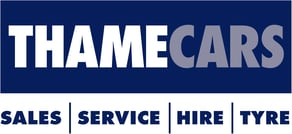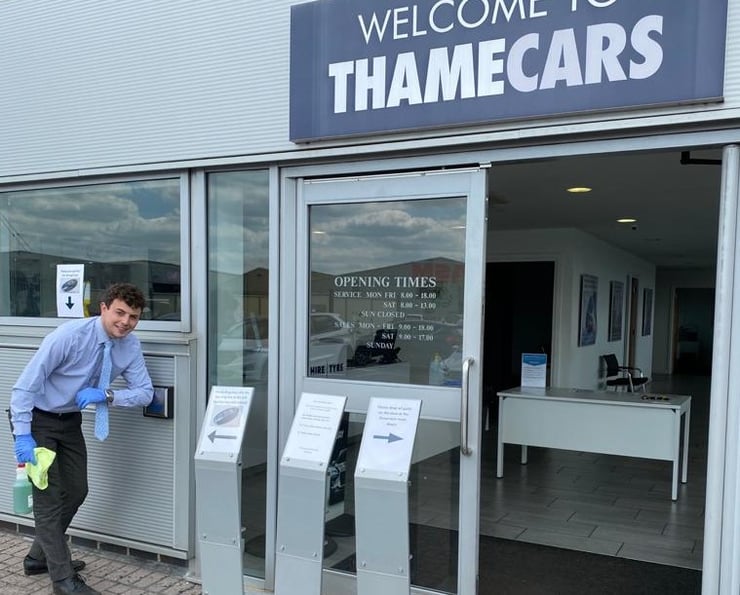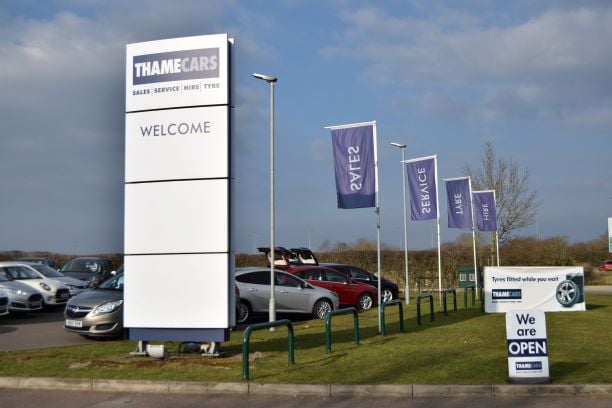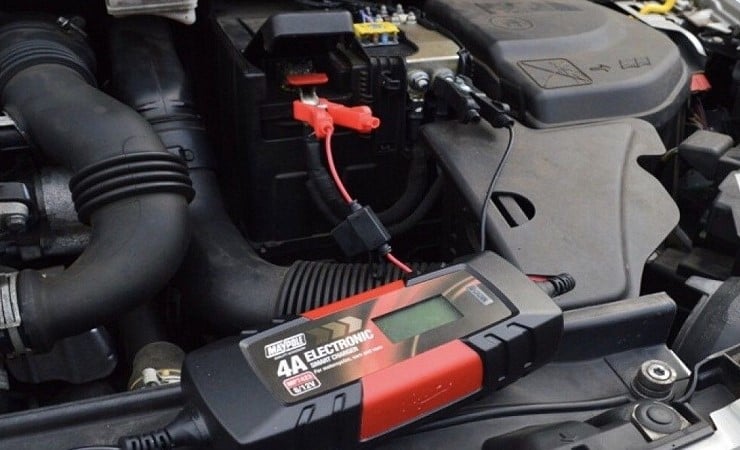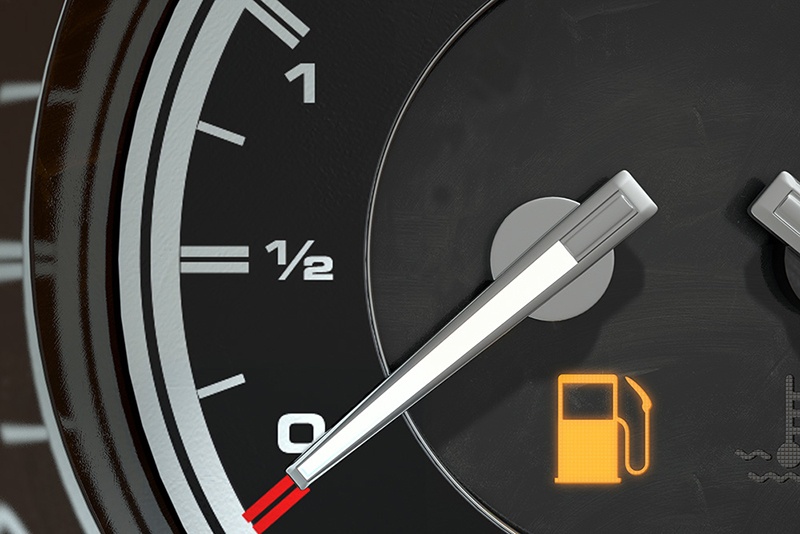
Something we get asked a lot here at Thame Cars is whether newer cars are more economical to run than older cars. This isn't the easiest question to answer because there are multiple factors to consider. Here a few of the things to consider when trying to decide whether your new car will be cheaper to run.
Depreciation
Depreciation is one of the first factors to consider. When buying brand new, depreciation is the second biggest expense for an owner, after the cost of fuelling it. According to the AA, new cars depreciate an average of 20% a year for their first three years, meaning they retain around 40% of their original list price after three years. This does vary based on factors such as mileage and desirability of the car, but this gives you a rough idea. However, depreciation is steepest in the car's first year, so it's often worth buying nearly new to avoid the biggest drop and reduce your initial purchasing cost.
Fuel Economy
It's widely known that a brand-new car takes some time for the engine to loosen up, like a new pair of shoes they need to be “worn in” or "run in" as it's usually known for cars. So, over the first couple of thousand miles you'll notice that your fuel economy gradually improves. Keeping your car serviced on time and regularly given a good long run will help keep its engine running efficiently, but as a rule you'll see your fuel economy start to reduce a little over time as engine components wear out or carbon builds up in the engine. For better efficiency and economy you'll find that a nearly new car between 1 and 3 years old will give you the best economy and reliability.
Technology
EU regulations on engine emissions have meant that manufacturers are having to step up their game on making their engines more efficient and environmentally friendly. The best way I can describe this is with an example. Consider the Ford Focus, one of the UK's most popular family cars on sale since it was launched in 1999, and indeed a stalwart among used cars in Oxford. According to Parkers, a 2005-2011 mid-range 1.8 petrol model with 123bhp would provide 40 miles per gallon on the combined cycle, and costs £220 a year in road tax. The modern equivalent is a 1.0 EcoBoost with 125bhp, that achieves up to 65 miles per gallon, and costs nothing in road tax. With clever technology in adding a turbo to a tiny 1 litre engine gives it the power of an older 1.8 litre, giving you an extra 25 mpg and free road tax! If you don't believe me, here is an example of a 1.0 EcoBoost available at Thame Cars currently.
Maintenance
It's also worth thinking about the wider costs of ownership of a newer car versus an older car. As it ages it will need new tyres and new brakes, at some point, most older cars become more expensive to keep on the road as worn out parts need to be renewed. This is another example of where a newer car is often better. If you get one that's less than three years old, you don't need an MOT and you also benefit from the remainder of the manufacturer's warranty, meaning you save on maintenance costs.
While a used car is always going to be cheaper to buy, it isn't necessarily going to be cheaper to run and certainly isn't going to be as economical on fuel as its replacement. Conversely, a brand-new car loses a chunk of its value as soon as it rolls off the forecourt. In my view the best compromise is a nearly new car, bringing all the benefits of new car reliability, without the new car price tag attached. Visit our website to see our range of nearly new cars.
